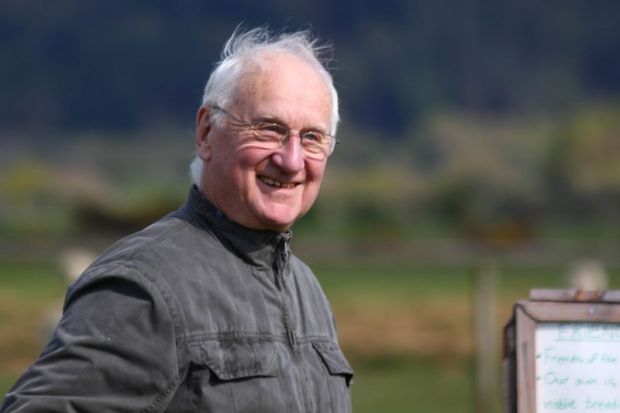A central figure in higher education research has died.
Gareth Williams was born in Needham Market, Suffolk in 1935 and read economics at St John’s College, Cambridge. He began work as a research assistant at the University of Oxford’s Agricultural Economic Research Institute (1959-62) and moved to Paris as a consultant and then principal administrator at the Organisation for Economic Cooperation and Development’s Directorate for Scientific Affairs (1962-68), where he helped produce a report on Econometric Models of Education (1965).
In 1968, however, Professor Williams returned to the UK to take up a position as joint director of the Higher Education Research Unit at the London School of Economics (1968-73), where he co-wrote the first major study of The Academic Labour Market in the UK, published in 1974. Yet he was always more interested in policy issues than the statistical approaches then dominant at the LSE and so moved to Lancaster University as professor of educational planning (1973-84). It was there that he directed a landmark study on the future of British universities for the Society for Research on Higher Education and the Leverhulme Trust, the outputs of which included a major book with Tessa Blackstone, Response to Adversity: Higher Education in a Harsh Climate (1983).
Now established as a leading authority in the field, Professor Williams played a central role in debates about the future of higher education in the UK and carried out consultancy work everywhere from Algeria to Australia and from China to Chile. He ended his career at what is now the UCL Institute of Education, where he served as professor of educational administration (1984-2001) and founding director of the Centre for Higher Education Studies. He also helped set up an MBA in higher education management.
Although he retired and became emeritus in 2001, Professor Williams remained very active as a researcher and writer. In 2016, the IoE honoured him with a substantial “appreciation” titled Valuing Higher Education, in which his colleague Maureen Woodhall paid tribute to him as “a dedicated and inspirational teacher of hundreds of undergraduate and postgraduate students” who had also made “a huge contribution to educational research and policy analysis”. In a conference to launch the book, he offered a number of possible scenarios for the future of higher education but concluded with a vision of a time when “instantly accessible” information meant that “evaluation” was “critical” – and universities could again become “centres of knowledge interpretation and understanding”.
Professor Williams died after a long illness on 25 August and is survived by his wife Ann, three children and four grandchildren.
Register to continue
Why register?
- Registration is free and only takes a moment
- Once registered, you can read 3 articles a month
- Sign up for our newsletter
Subscribe
Or subscribe for unlimited access to:
- Unlimited access to news, views, insights & reviews
- Digital editions
- Digital access to THE’s university and college rankings analysis
Already registered or a current subscriber?








